Jean-Jacques Dessalines, leader de la Révolution haïtienne
Dans les annales de l’histoire d’Haïti, île située dans les Caraïbes à l’entrée du golfe du Mexique et partagée avec la République dominicaine, Jean-Jacques Dessalines émerge tel un phénix des cendres de l’oppression. Né esclave le 20 septembre 1758 sur l’habitation d’Henri Duclos, au Cormier (Grande-Rivière-du-Nord), dans la colonie française de Saint-Domingue, Dessalines était un Créole d’origine africaine (afro-caribéenne).Affranchi lors de l’abolition de 1794 obtenue grâce aux révoltes d’esclaves, a effectivement servi en tant qu’officier dans l’armée française pendant la Révolution française. À cette époque, les idées de liberté et d’égalité étaient au cœur des préoccupations des habitants des colonies. Dessalines a participé activement aux combats contre les forces espagnoles et britanniques, aux côtés des Français, à Saint-Domingue.
Passé au grade de Lieutenant Général, Jean-Jacques Dessalines se retourne contre les Français lors de l’expédition Leclerc, envoyée à Saint-Domingue par Bonaparte pour rétablir l’autorité coloniale et l’esclavage pendant la Révolution haïtienne. Après la capture et la déportation de Toussaint Louverture en France le 7 juin 1802, Dessalines assume un rôle de premier plan dans la poursuite de la lutte pour l’indépendance. Il mène de nombreux combats, incluant la bataille de la Crête-à-Pierrot en mars 1802, où il galvanise ses soldats avec sa célèbre déclaration : « Que ceux qui veulent rester esclaves des Français sortent du fort, que ceux, au contraire, qui veulent mourir en hommes libres se rangent autour de moi ».
Le 1er janvier 1804, Jean-Jacques Dessalines réalise l’objectif tant attendu de l’indépendance en proclamant Haïti comme une nation souveraine, devenant ainsi le deuxième pays des Amériques à obtenir son indépendance d’une puissance coloniale. Il devient le premier dirigeant de la nouvelle nation formée et est nommé Empereur sous le nom de Jacques Ier. Cependant, son règne impérial est marqué par des politiques autoritaires et brutales, notamment le massacre de nombreux colons blancs et la redistribution des terres aux paysans qui étaient entre les mains des généraux de l’armée indépendantiste. De plus, il organise la chasse aux délinquants en ville tout en mettant en place des politiques agraires rigoureuses, considérant qu’ils représentaient une menace pour la stabilité de la nation,ces actions controversées ont suscité des divisions au sein de la société haïtienne.
Dessalines meurt assassiné le 17 octobre 1806 à la suite d’un complot organisé par certains de ses généraux de l’armée haïtienne.Sa mort a marqué la fin de sa brève mais influente période au pouvoir. Malgré les controverses entourant ses méthodes,il est reconnu comme le principal artisan de l’indépendance d’Haïti et son nom a été honoré en 1903 en étant attribué à l’hymne national haïtien, La Dessalinienne, composée par Justin Lhérisson.Enfin,le grand homme visionnaire Jean Jacques Dessalines reste une figure emblématique de l’histoire d’Haïti, reconnu pour son rôle dans la lutte pour l’indépendance et la fin de l’esclavage dans la région.
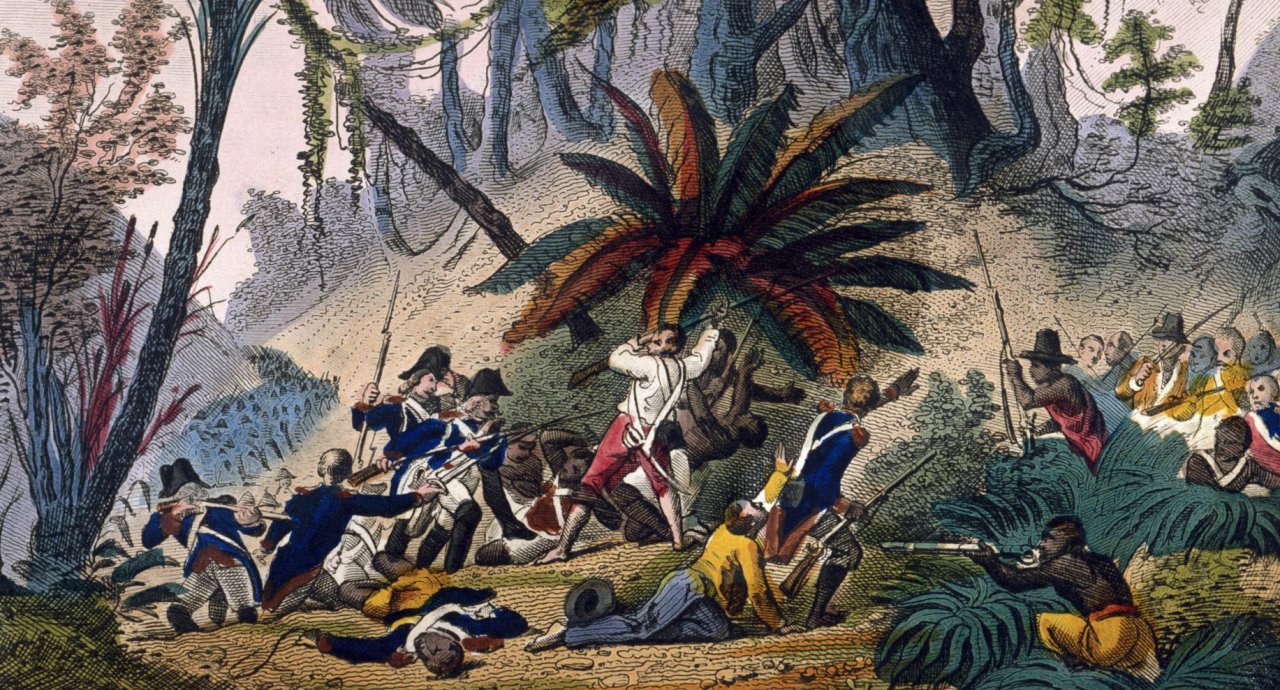












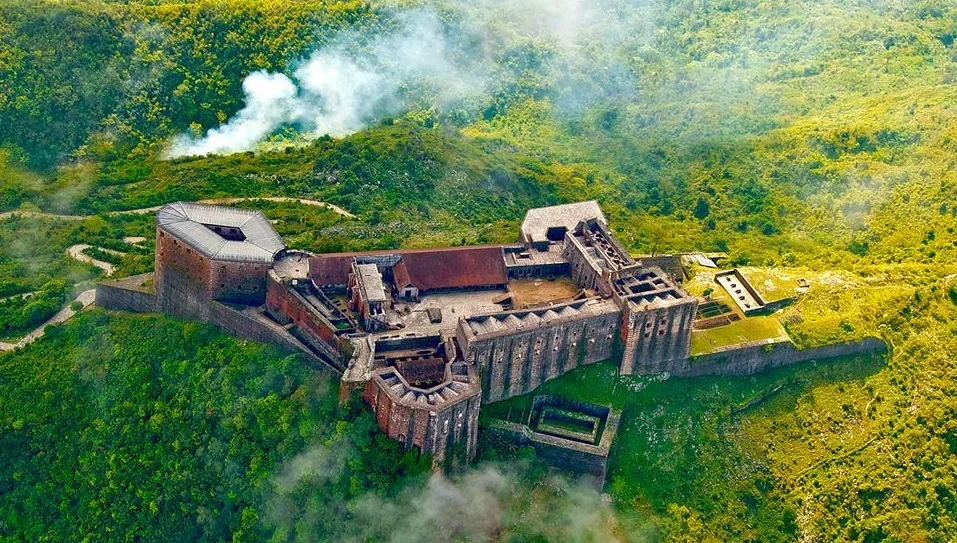

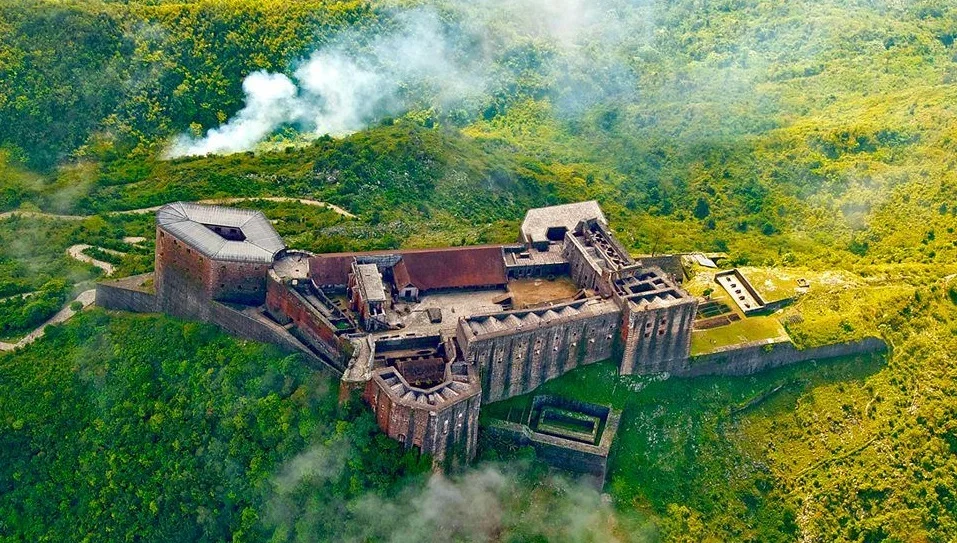
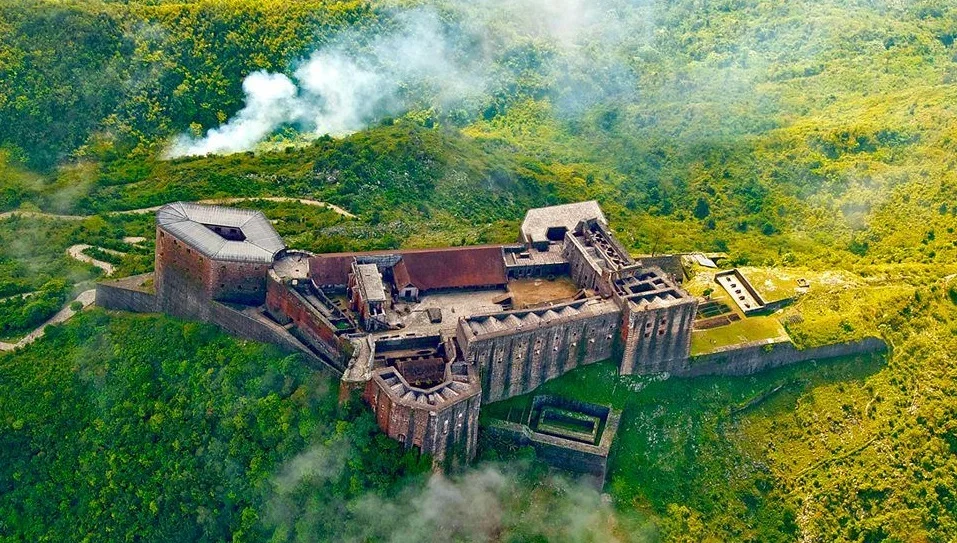




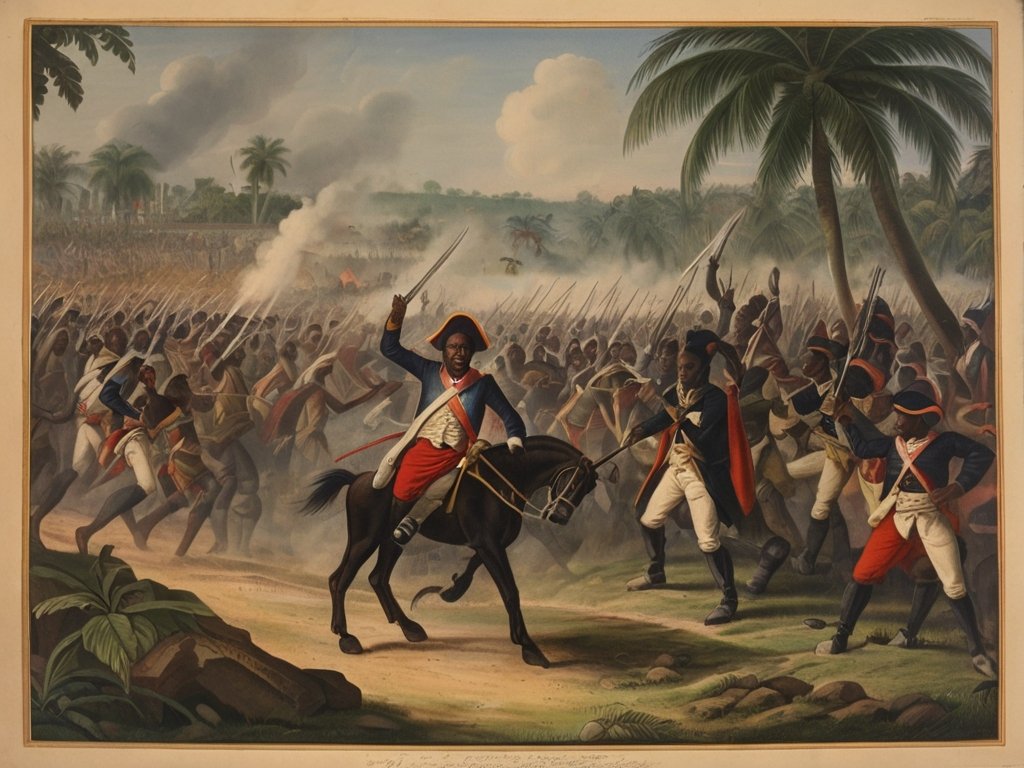

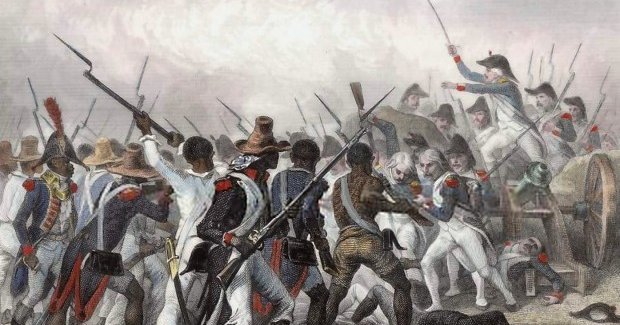


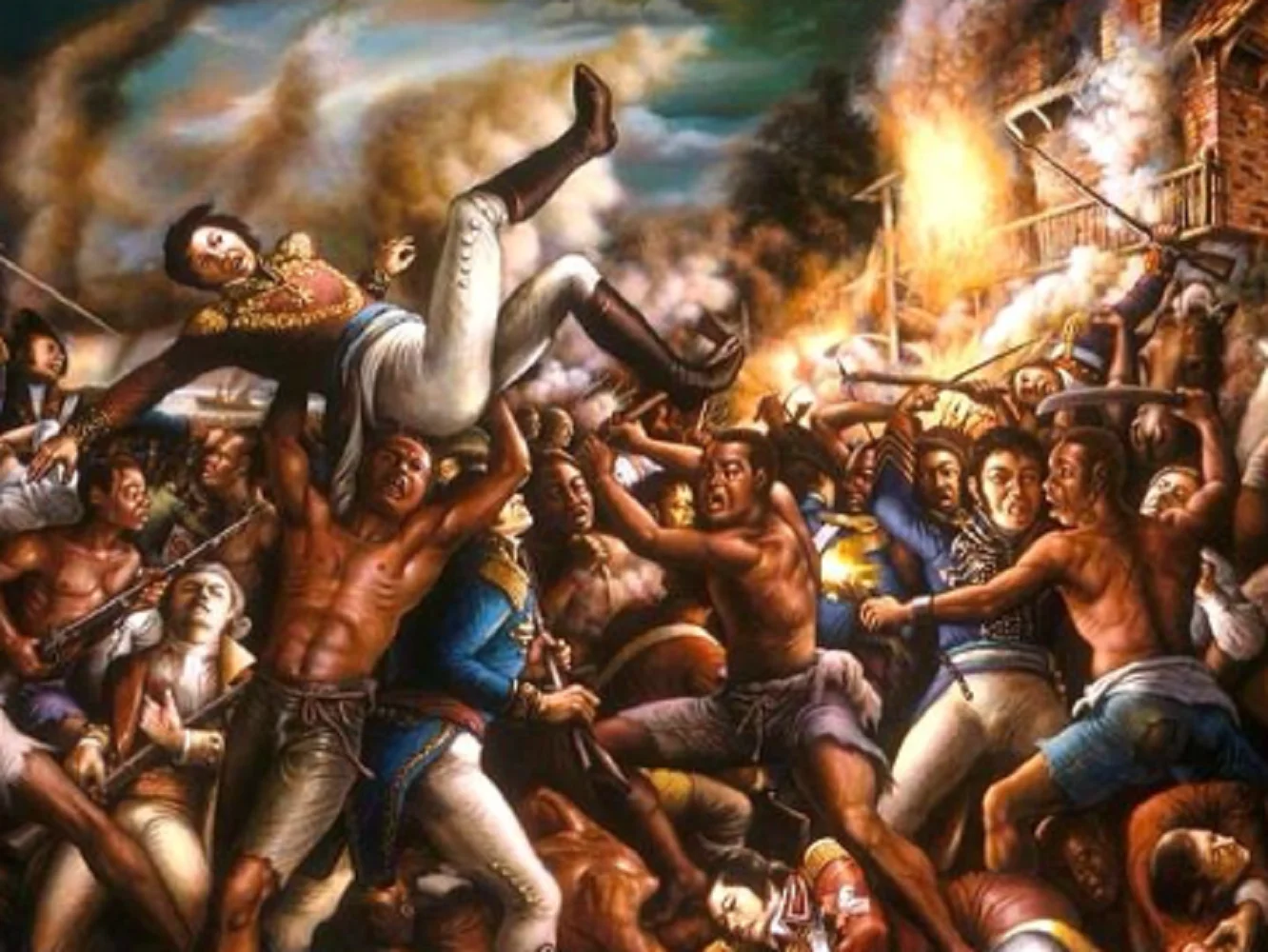
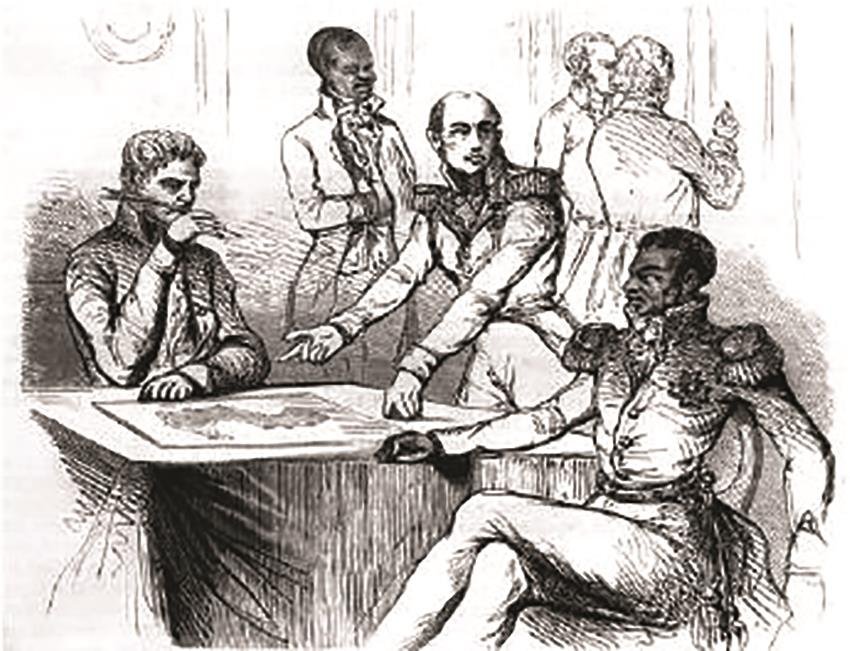




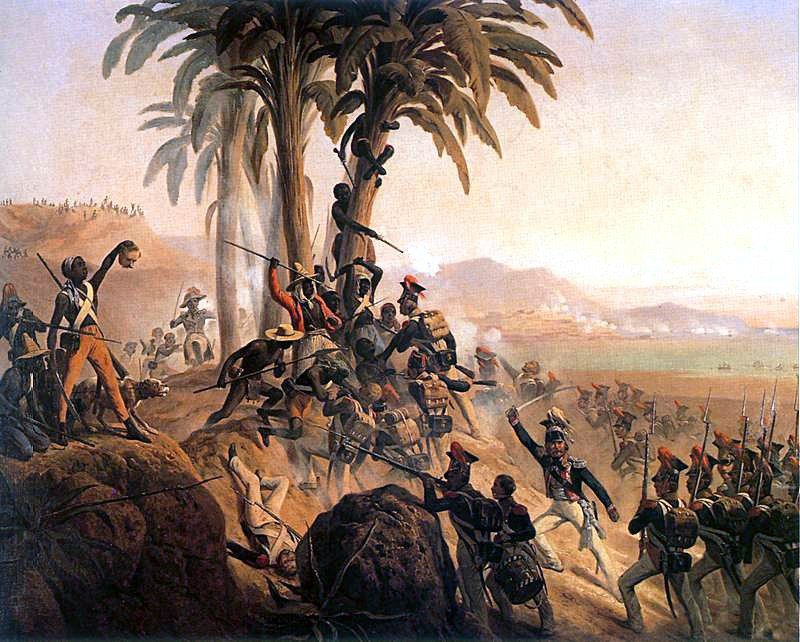


























































I believe Haiti deserves more than moral support and reparations note limite to return the money and gold we stole from them.
October 16, 2024 - 12:25:37 PMWe definitely need to work together and make France and USA understand this nation deserve it .
Why us? Black Man was created First .
October 20, 2024 - 07:06:58 AM